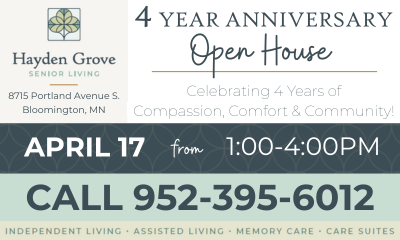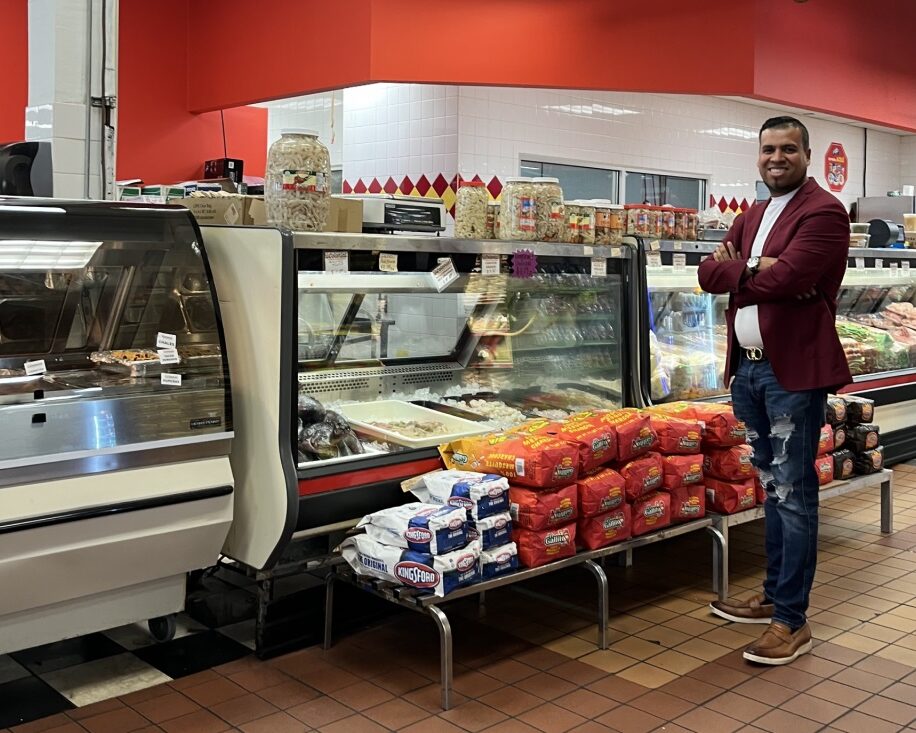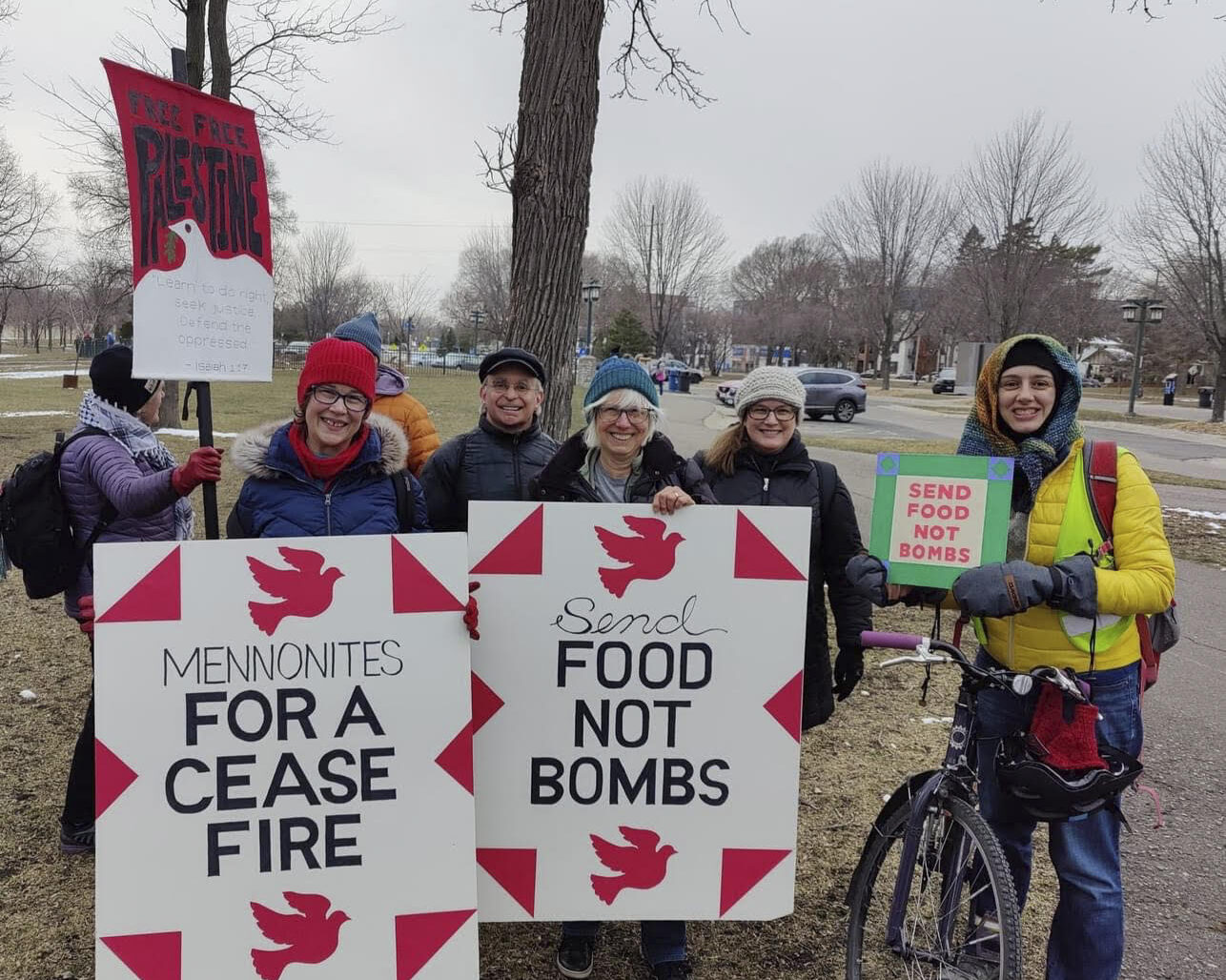BY JOHN CHARLES WILSON
Metro Transit has recently announced an initiative to get control of bad behavior on our transit system, especially on the light rail trains. The idea is to make the system more appealing to “choice” riders—that is, those who have a choice as to whether or not to use transit because they can afford to own and drive cars. As a person who advocates transit usage, one of the biggest objections I hear from people is that the system is associated with people whose behavior makes them uncomfortable. Usually, they’re not talking about someone not paying the fare or taking a snooze in their seat. It’s the people who smoke on light rail trains, blare their radios at full blast, aggressively panhandle, and do gross things like spit on the floor.
This problem isn’t unique to the Twin Cities, of course. Portland and Seattle used to have “free ride zones” in their downtown areas. The reason they don’t anymore is because (allegedly) homeless people were causing problems on buses and trains. However, it seems to have been getting worse the last few years.
On the other side of the coin, Metro Transit police do have a reputation for overzealous enforcement of rules against people they (allegedly) don’t like. To whatever extent this is true, it also turns people off from using transit. I would hate to see Metro Transit become as extreme as the Duluth Transit Authority, which has a zero tolerance rule for profanity and aggressively enforces it. Tell somebody on the bus the weather is cold as hell, and you may be out in it at the next stop. I have a friend who will never visit Duluth again, in part because of that draconian policy.
Anyway, Metro Transit plans to use undercover cops to monitor the light rail trains, and add uniformed officers to Brooklyn Center Transit Center, the Chicago-Lake Transit Center, and the Lake Street Blue Line station. I just hope they find the right balance between creating both the appearance and reality of safety and letting people be themselves if they’re not causing trouble.
On a more positive note, part of the initiative includes a vague promise of more bus routes and improving technology to make bus service more reliable. People need to feel safe and comfortable, but none of that matters if the buses and/or trains don’t go where people want or need to go, or if taking the bus means risking being late for work or other rigid appointments.
With that, I would like to propose an improvement to Route 46. As many Southside Pride readers know, the 46 currently goes from Highland Park in Saint Paul to the Edina library. (Even though the Southdale library is in the City of Edina, the Edina library is a separate branch near 50th Street and Highway 100.) The route mostly goes down 46th Street through the Southside Pride readership area, with a jog over to 42nd to avoid Lake Hiawatha. (Note to Metro Transit: please consider an amphibious bus next time you order equipment.) At present, one trip in the morning is extended to the Opportunity Partners sheltered workshop in Minnetonka and one trip in the afternoon comes back from Opportunity Partners toward the city. These extended runs go down Vernon Avenue.
Here is my suggestion for a better 46. Extend it from the Edina library to Eden Prairie during shopping hours. The extension would use Vernon Avenue to Gleason Road to the 62 Crosstown, then follow the Crosstown to Highway 212 to the Eden Prairie shopping area and the Southwest Transit station. This would enable Minneapolis residents to have access to Eden Prairie for both shopping and employment. Even though Southwest Transit operates express buses from Minneapolis to the area, the Southwest buses don’t run on weekends, have no intermediate stops, and only go to the shopping area during rush hours. The Transit Center, where all-day service exists, is a long walk from the mall and other stores. Eden Prairie is easily the major retail district with the worst bus service in the Twin Cities, with Burnsville Center being a very distant second. Stores and restaurants out there are always hiring, and they pay their workers more than similar businesses in the inner city, in part because if their employees can’t afford a car, they can’t afford to work there.
Anyway, what do we want as a metro area? A transit service that is so close to worthless that only poor people use it because the middle class have other choices? Or do we want a system that welcomes all: poor, middle class, and even rich? Are we Portland or Seattle? Or do we aspire to be another Alabama or Mississippi?






















